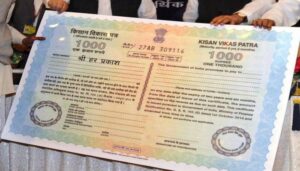Inflation is the upward movement in the average prices of general goods and commodities. A rise in inflation means an increase in the overall cost of living.
Inflation affects your ability to purchase goods and services, making them costlier over time. For example, 10 years back, a litre of milk would cost Rs15. The same milk today costs Rs 35. Similar price rises across various essential commodities such as cereals, pulses, oil and petrol have a big impact on your monthly budget. This means that people have to spend more money to buy the same things that they used to buy for less.
Measuring inflation
Although there are various methods to calculate inflation, inflation is always measured with reference to Consumer Price Index (CPI) or Wholesale Price Index (WPI). Consumer Price Index (CPI) is a price index which represents the average retail price of the baskets of goods over time. Wholesale Price Index (WPI) is a price index which represents the wholesale price/bulk trading price of a basket of goods over time.CPI is regarded as a better measure of actual cost of living. Inflation is expressed as a percentage change in the value of these indices over a period of time.
Eg: For example, if WPI is 4%, it means that the price of a basket of essential commodities like primary food products, fuel and key manufacturing products have risen by 4% on an average as compared to the previous year.
How does inflation affect us?
Inflation is directly linked to purchasing power. CPI and WPI affect the monetary policy, which in turns affects the interest rates on savings and borrowings/loans. It also directly affects your saving capacity and plays a key role in planning your investments.
For instance, Rs 100 earned will be worth just Rs 93 if the inflation rate is 7%. Therefore, when you invest, one of the key objectives should be to keep pace with inflation or beat inflation. In order to beat inflation, your investments should generate returns that are higher than the inflation rate.



